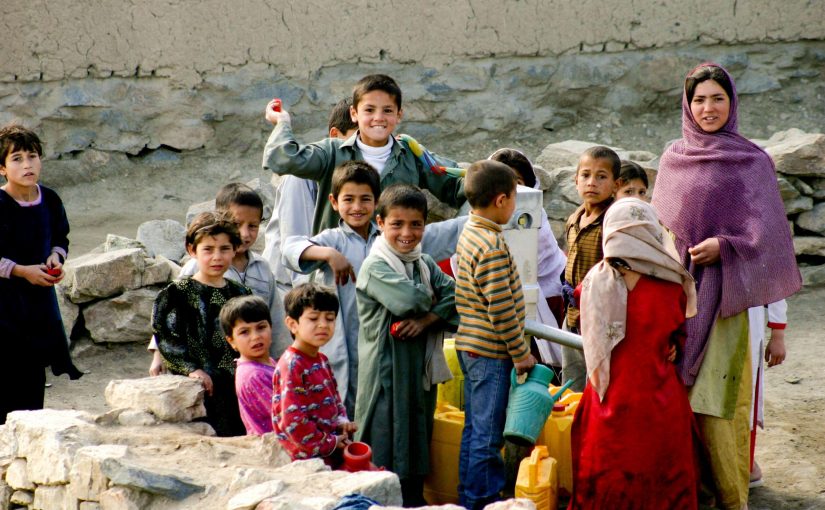
Examining Gender and Race Through the Experience of Female Humanitarian Workers in Afghanistan
In Afghanistan, some women from “liberal democracies” report experiencing a “third gender”—whereby, if they act as equals to their male counterparts, they “are masculinized, and not real women but something else,” providing them with a measure of freedom and access in this context.

75 years ago Hiroshima and Nagasaki were hit by US atomic bombs. We must remember the past to make progress toward eliminating nuclear weapons
FOR IMMEDIATE RELEASE Tuesday, August 4, 2020 Contact: Patrick Hiller; patrick@jubitz.org War Prevention Initiative: “75 years ago Hiroshima and Nagasaki were hit by US atomic bombs. We must remember the past to make progress toward eliminating nuclear weapons” PORTLAND, OR – This week we commemorate 75 years of immense harm and suffering caused by the … Read more
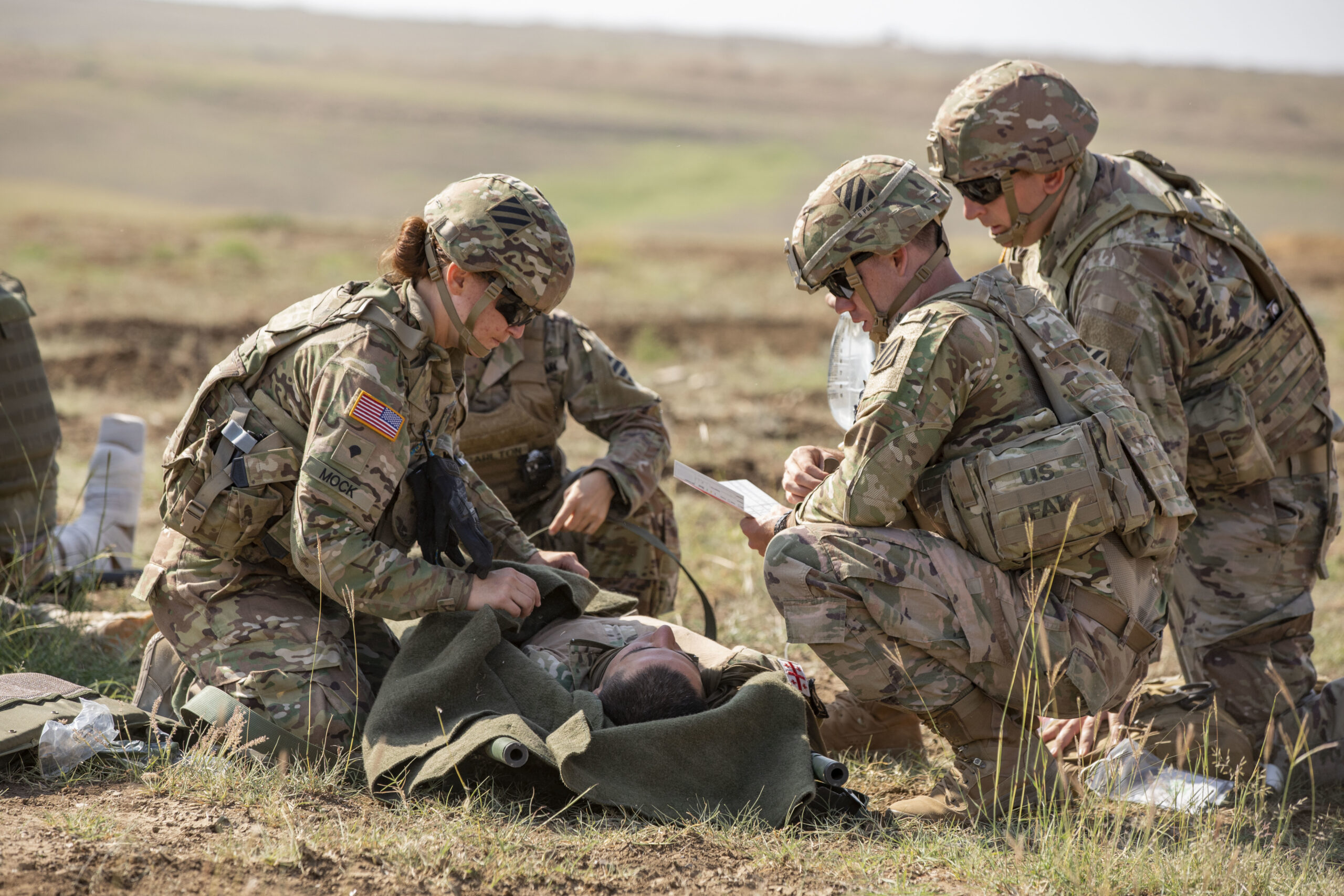
Military Aid Worsens Human Rights Conditions in Post-Conflict Countries
Arms transfers and military aid from foreign countries (collectively referred to as foreign security assistance) is associated with poor human rights conditions, including violations of physical integrity rights such as torture, extrajudicial killings, disappearances, political imprisonment and executions, and genocide/politicide.
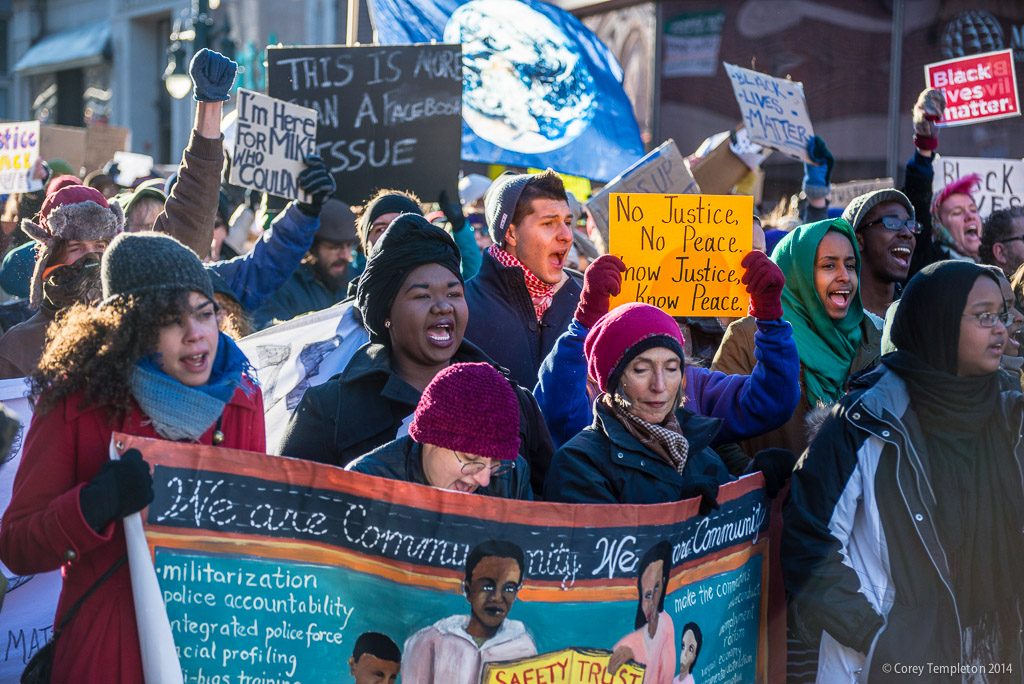
Racial Justice in Peace and Security: Our commitment to do better
Reflecting on our role as peace scholars and practitioners, we realize that our work has focused too narrowly on conflict dynamics and violence prevention abroad and has failed to adequately address those same dynamics in our communities at home.
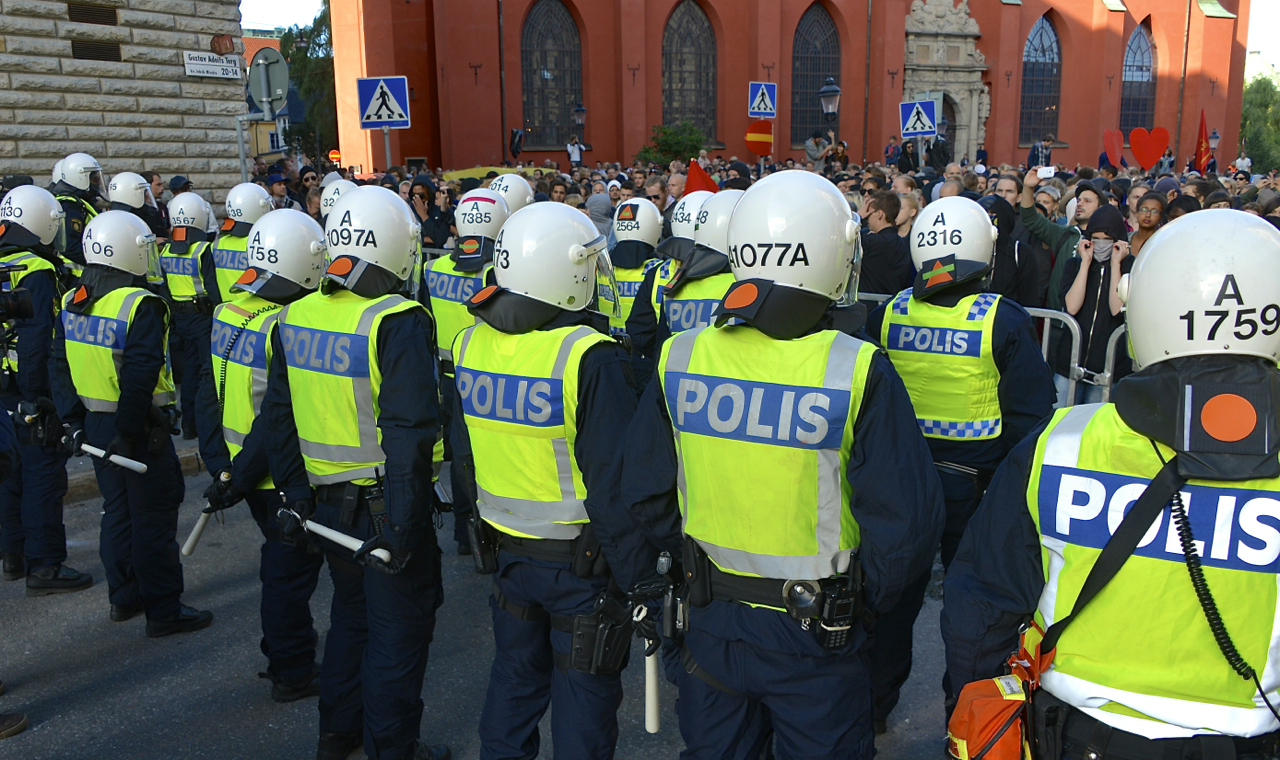
The Displacement of Traditional Policing Through Community-Based Anti-Violence Initiatives
Two prominent non-police anti-violence models—the public health and community empowerment models—“hold promise… as community-centered replacements for, or alternatives to, the use or threat of police violence and incarceration as the primary means to control and reduce criminal violence.”
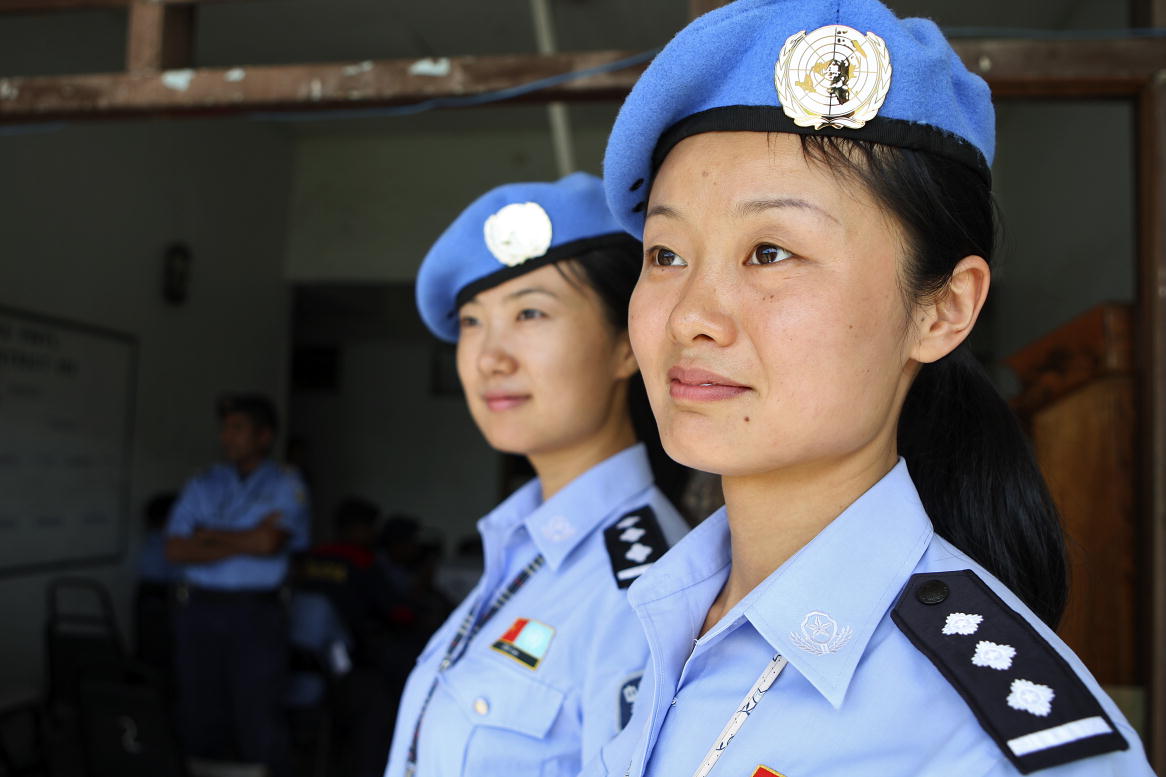
Presence of UN Police Associated With Nonviolent Protests in Post-Civil War Countries
Countries with UN peacekeeping operations have more nonviolent protests than countries without UN peacekeepers, particularly if those peacekeeping missions include UN police (UNPOL)
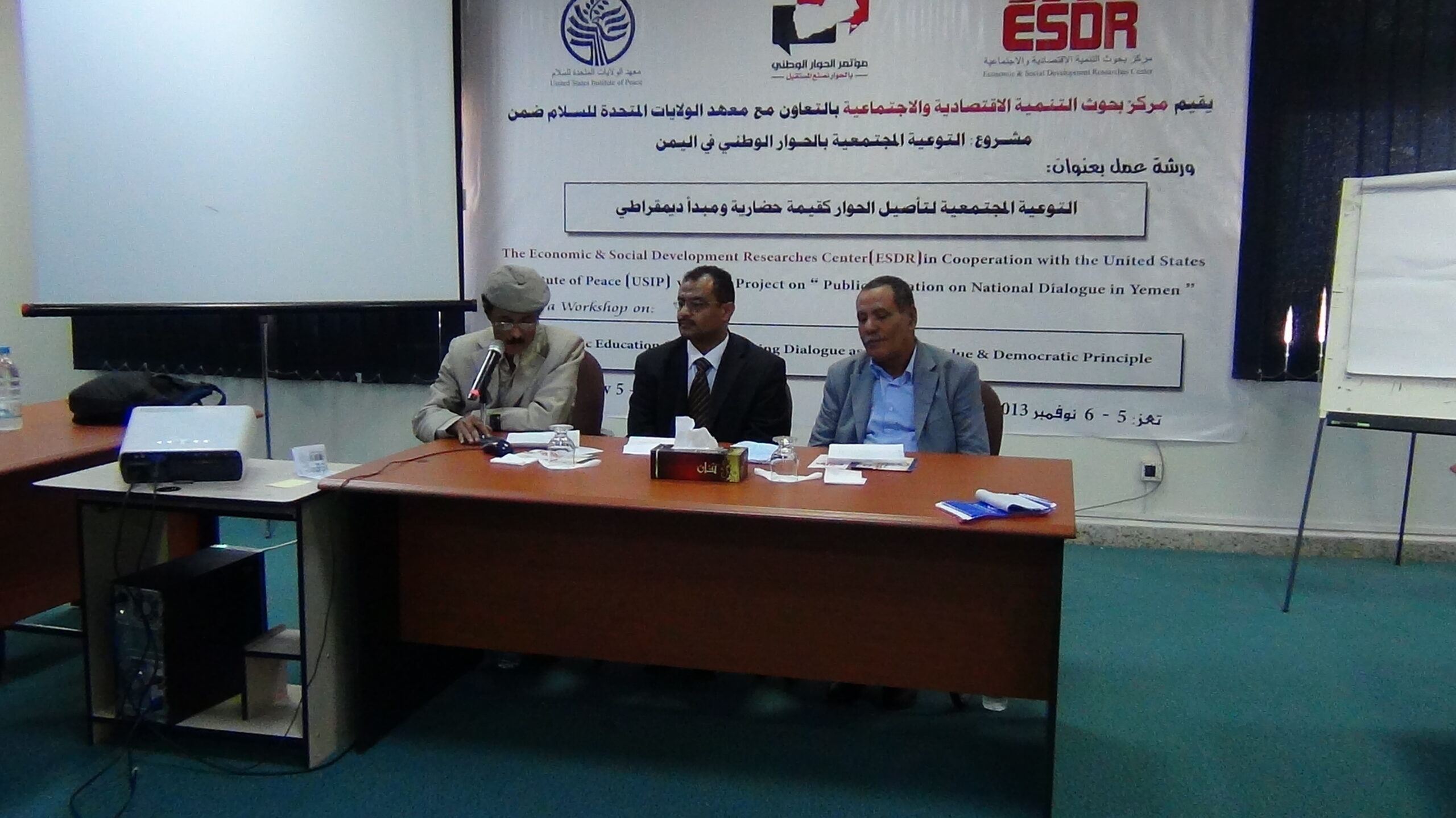
Yemeni National Dialogues—Lessons Learned
In Yemen, absence of trust has been a serious impediment to the success of national dialogue processes in the past; therefore, any future process must include a “slow start” to establish basic levels of trust among involved parties.

Dismantling racism means dismantling militarism
FOR IMMEDIATE RELEASE Friday, May 30, 2020 Contact: Patrick Hiller; patrick@jubitz.org War Prevention Initiative: “Dismantling racism means dismantling militarism” PORTLAND, OR – At the War Prevention Initiative, we are saddened and outraged by the deaths of George Floyd, Ahmaud Arbery, and Breonna Taylor. Their deaths remind us that the evils of racism and white supremacy … Read more
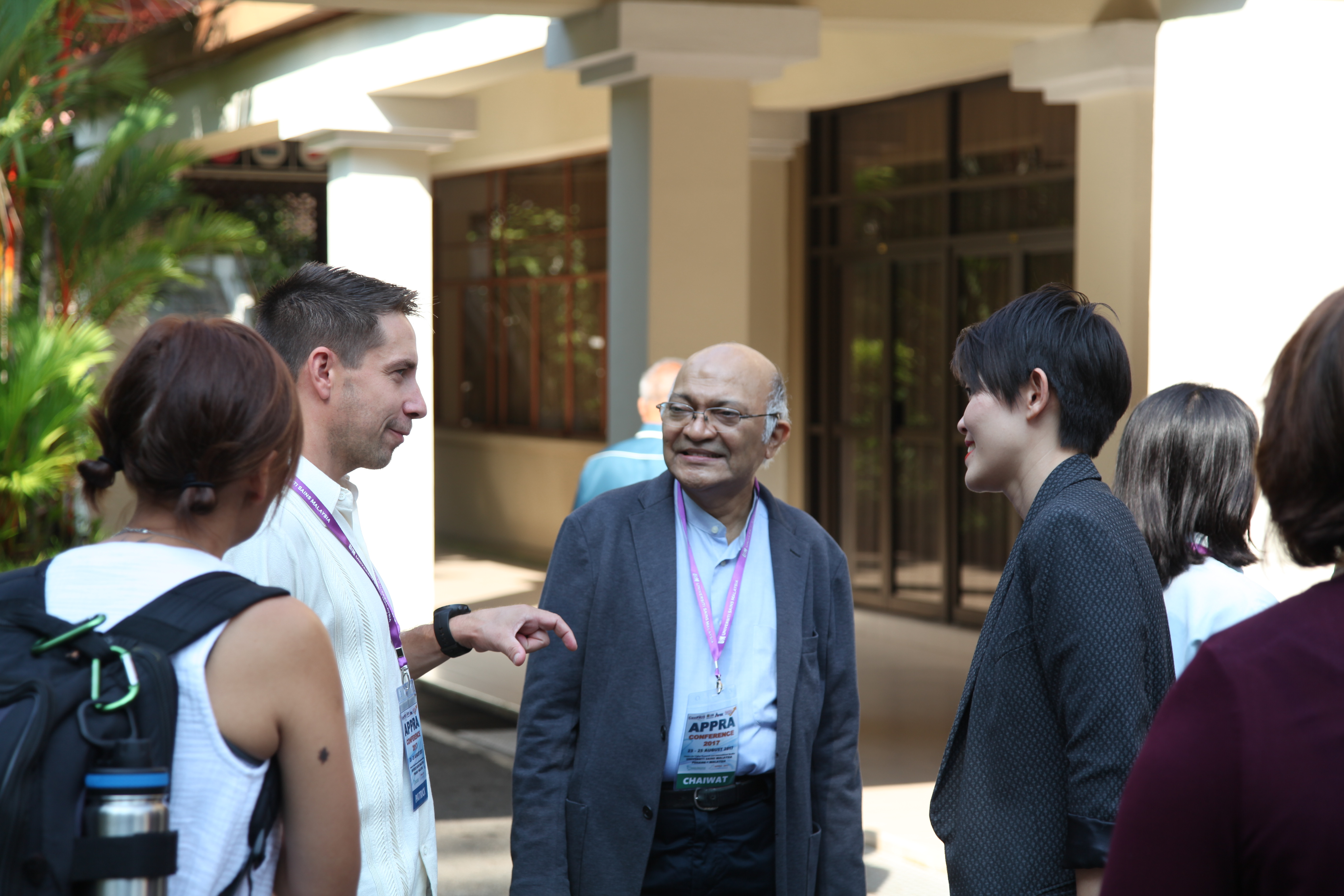
Partisan Commemoration as a Resource for Peacebuilding
While partisan commemoration can certainly “harden boundaries” between hostile groups, its potent symbolic resources can also be adapted to maintain community cohesion, legitimize shifts to peaceful politics by providing ideological continuity, and signal a newfound openness to previous adversaries, all in the service of peace.
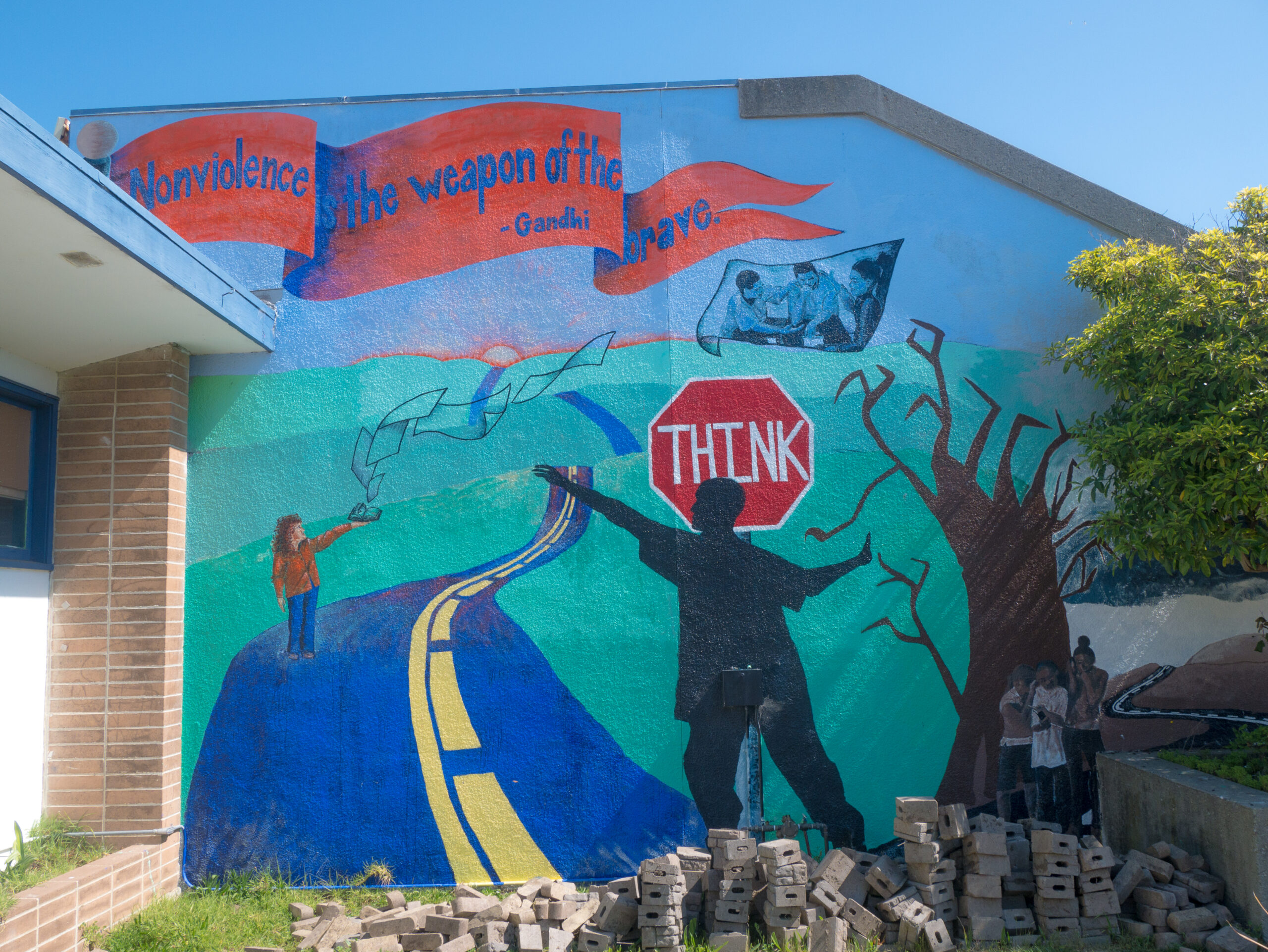
La Paz Desobediente como Forma de Non-Cooperacion con un Orden Social Inhumano
La paz desobediente trata acerca de desarrollar colectivamente conocimiento por medio de la reflexión y la acción, poniendo en tela de juicio algunos supuestos aceptados tácitamente sobre un orden social complejo y la obediencia a la autoridad, y fortaleciendo una identidad moral y planes de acción para desobedecer las órdenes sociales inhumanas.

Disobedient Peace as a Form of Non-Cooperation With an Inhumane Social Order
Disobedient peace is about developing knowledge collectively through reflection and action, questioning taken-for-granted assumptions about a complex social order and obedience to authority, and developing a moral identity and action plans to disobey inhumane social orders.
